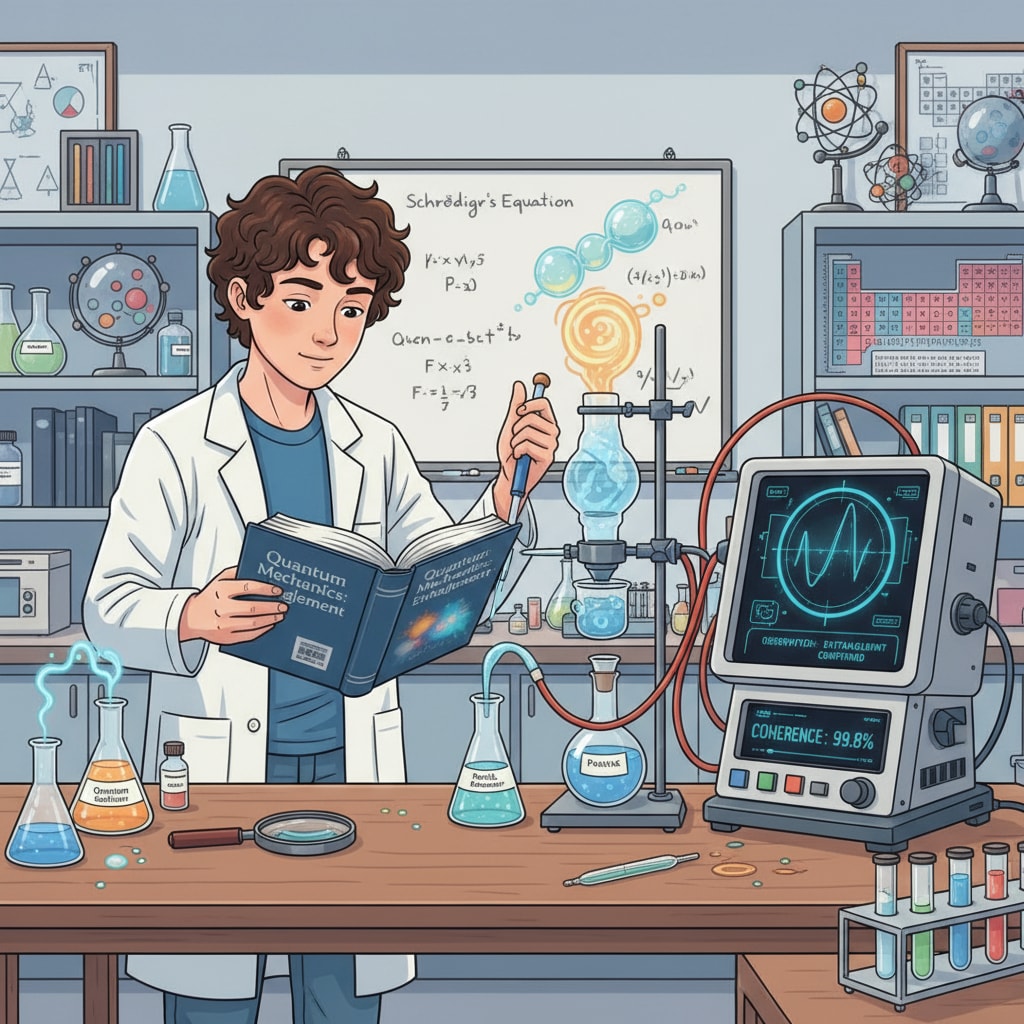Learning methods for students with attention deficits in theoretical subjects can be a game-changer. Many students in the K12 phase struggle with concentrating on theoretical knowledge. This article aims to explore practical ways to help them overcome these challenges.

The Challenges of Attention-Deficit Students in Theoretical Learning
Students with attention deficits often find theoretical subjects like mathematics, history, or science difficult. The abstract nature of these subjects requires sustained focus, which is a challenge for them. For example, in a history class, understanding complex historical events and timelines demands long periods of concentration. However, these students may easily get distracted, missing crucial details. According to the American Psychological Association, attention deficit can significantly impact academic performance in theoretical areas.
Reverse Learning: From Practice to Theory
One effective approach is reverse learning. Instead of starting with abstract theories, begin with hands-on experiences. For instance, in science, conduct experiments first. Let students see the practical results and then introduce the underlying theories. This way, it becomes easier for them to connect the dots. A study by ERIC (Education Resources Information Center) shows that this method can enhance understanding and retention. By experiencing the practical aspects, students are more engaged and better able to grasp the theoretical concepts later.

In addition to reverse learning, structured learning can also be beneficial. Create a clear study plan. Break down the theoretical content into smaller, manageable chunks. Set specific time intervals for each part. This helps students with attention deficits stay organized and focused. Moreover, using visual aids such as mind maps can further enhance comprehension. These visual tools can make the abstract ideas more concrete and easier to remember.
Readability guidance: As we can see, by implementing reverse learning and structured learning, students with attention deficits can find it easier to approach theoretical subjects. In the following sections, we will explore more strategies to support their learning journey.


